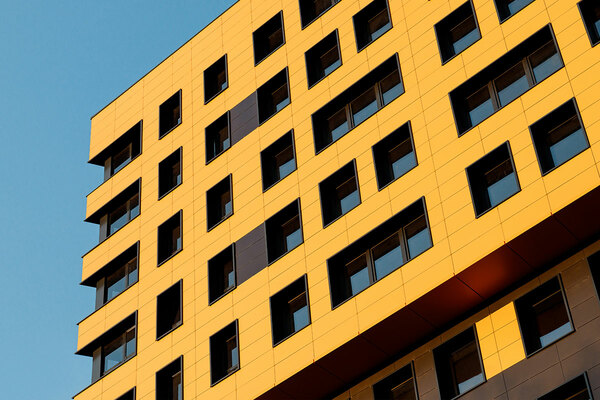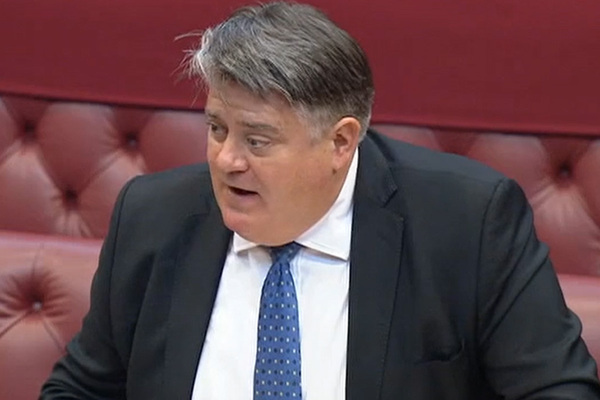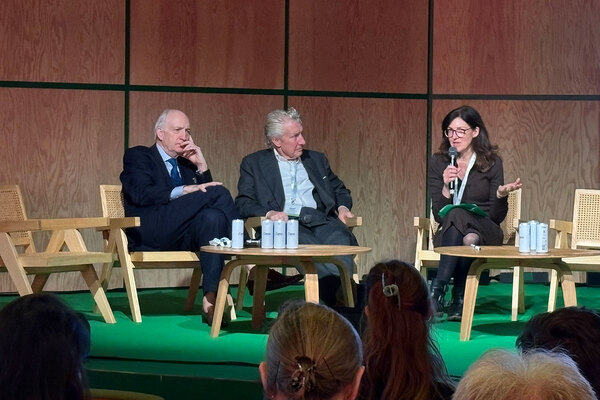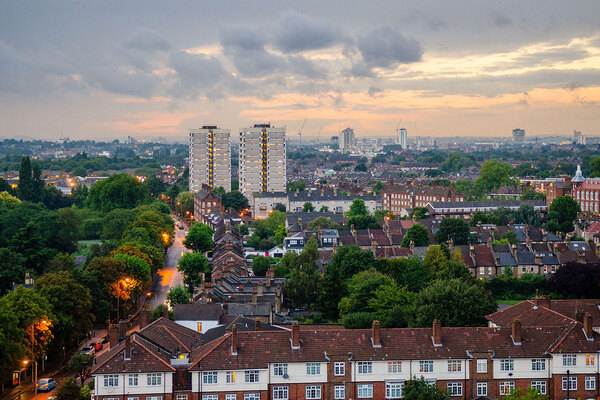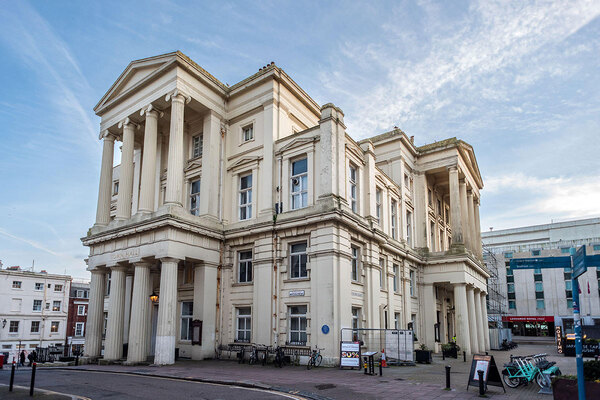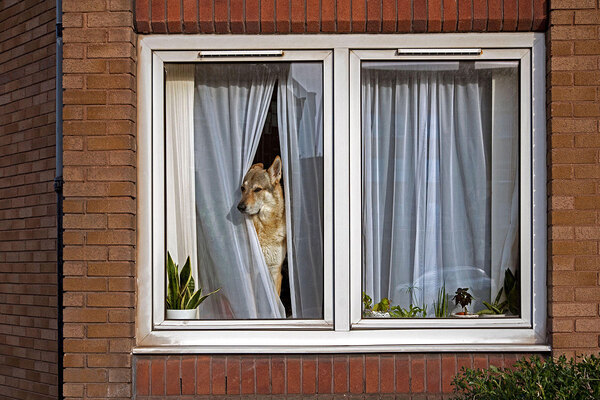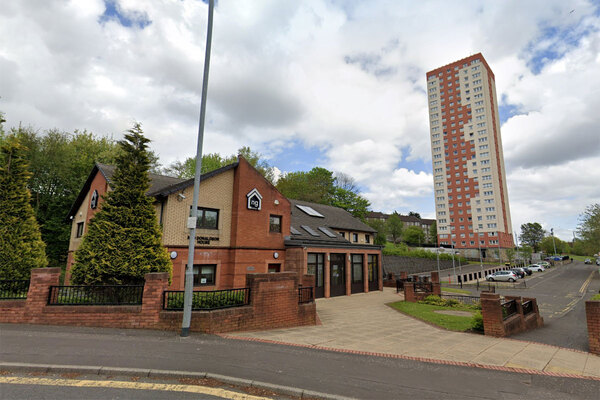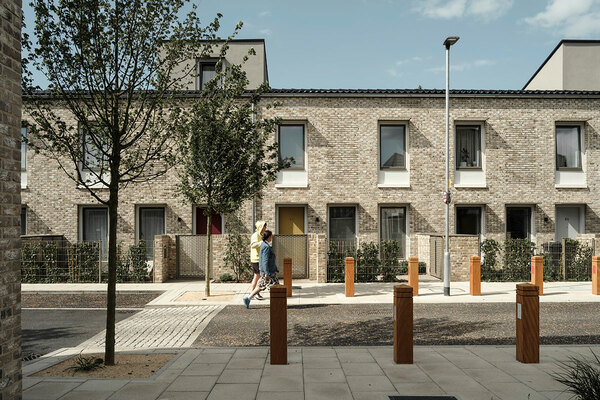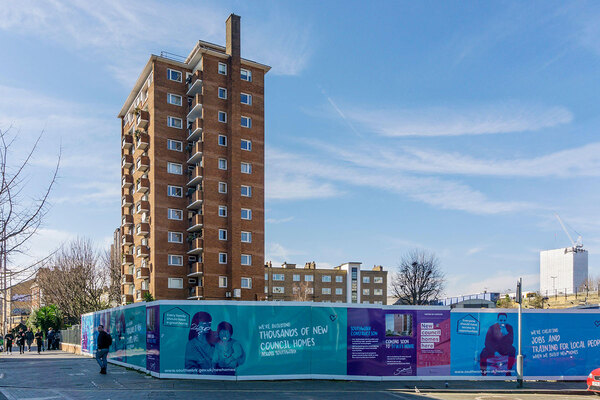You are viewing 1 of your 1 free articles
Government to explore whether to extend cladding support to buy-to-let landlords
Buy-to-let landlords who own properties that are caught up in the building safety crisis will not be guaranteed protections from remediation costs, the government has confirmed.
In a statement released to Inside Housing yesterday, the Department for Levelling Up, Housing and Communities (DLUHC) said that while those leaseholders living in their properties and those who have had to sub-let would be protected, it had yet to decide whether these would extend to buy-to-let landlords.
The statement was released after Inside Housing asked for clarity on whether landlords who rented out properties would be protected.
Last week, concerns were raised after government releases following housing secretary Michael Gove’s speech outlining his plans to fix the building safety crisis referred to protection specifically covering those leaseholders “living in their properties”.
There was further consternation when it was revealed that the government would be prioritising these leaseholders for support and then exploring whether to extend support to other leaseholders, including landlords.
However, this was clarified by building safety minister Lord Greenhalgh over the weekend. He said that the government sympathised with the plight of leaseholders who have moved out to sub-let, and that they would not be excluded from protections. He added that this would also cover shared owners.
Nevertheless, many leaseholders who own one or more investment properties that are rented out to tenants took to social media to call for clarity on whether they would still be covered.
In a statement yesterday, a DLUHC spokesperson said: “It is not right that innocent leaseholders – including those who have moved out and now sub-let their properties – should pay to remove dangerous cladding for which they were not responsible.
“We will explore whether this support should extend to other leaseholders, such as buy-to-let landlords.”
The statement has been met with fierce criticism from bodies representing private landlords, with the National Residential Landlords Association (NRLA) calling it unacceptable that all leaseholders were not treated the same.
Ben Beadle, chief executive of the NRLA, said: “The government is right that innocent leaseholders should not be expected to pay the price for dangerous cladding.
“However, it is simply unacceptable that ministers are unable to commit to treating all leaseholders, whether owner-occupiers or buy-to-let landlords, the same. Both groups have faced the same problems, and both should be treated equally.
“The government needs to rectify this problem as a matter of urgency.”
Last week the government announced a raft of proposals aimed at ending the building safety crisis and protecting leaseholders in buildings above 11 metres from crippling remediation costs.
These included a new £4bn pot of money, to be funded by developers, that would go towards fixing cladding on blocks between 11 and 18 metres tall. Other proposals included making it easier for shared owners to sub-let properties.
Mr Gove also told MPs following his speech that the government intended to introduce amendments to the Building Safety Bill that would give statutory protections to leaseholders from non-cladding costs.
Sign up for our fire safety newsletter
Already have an account? Click here to manage your newsletters
Related stories
